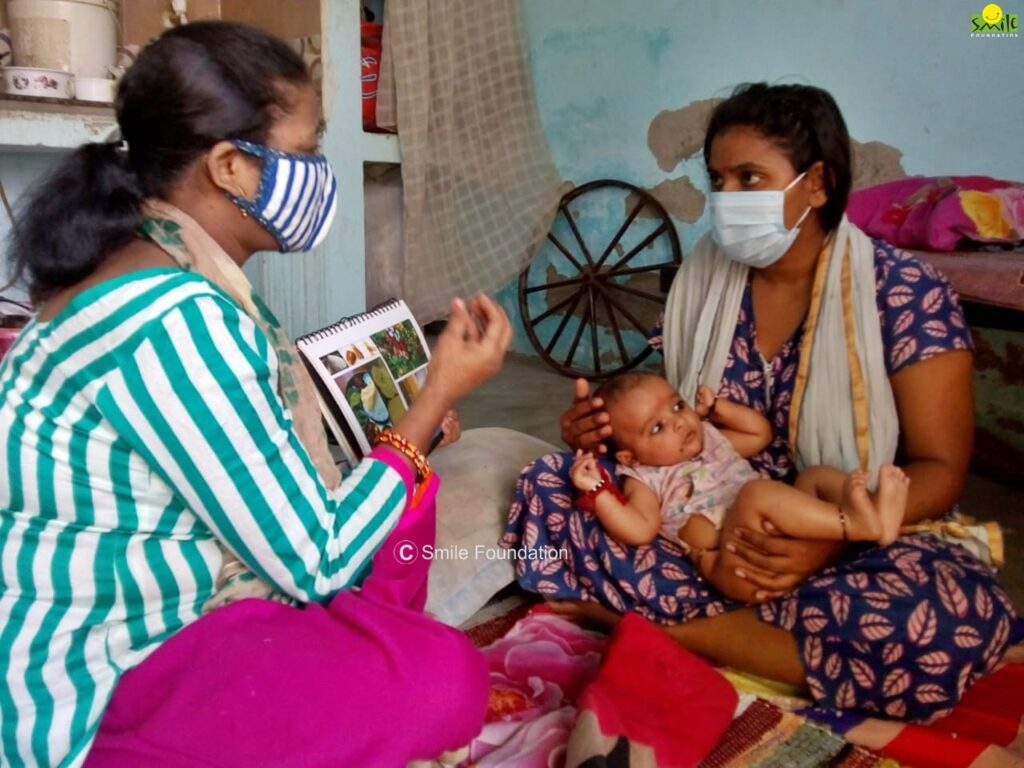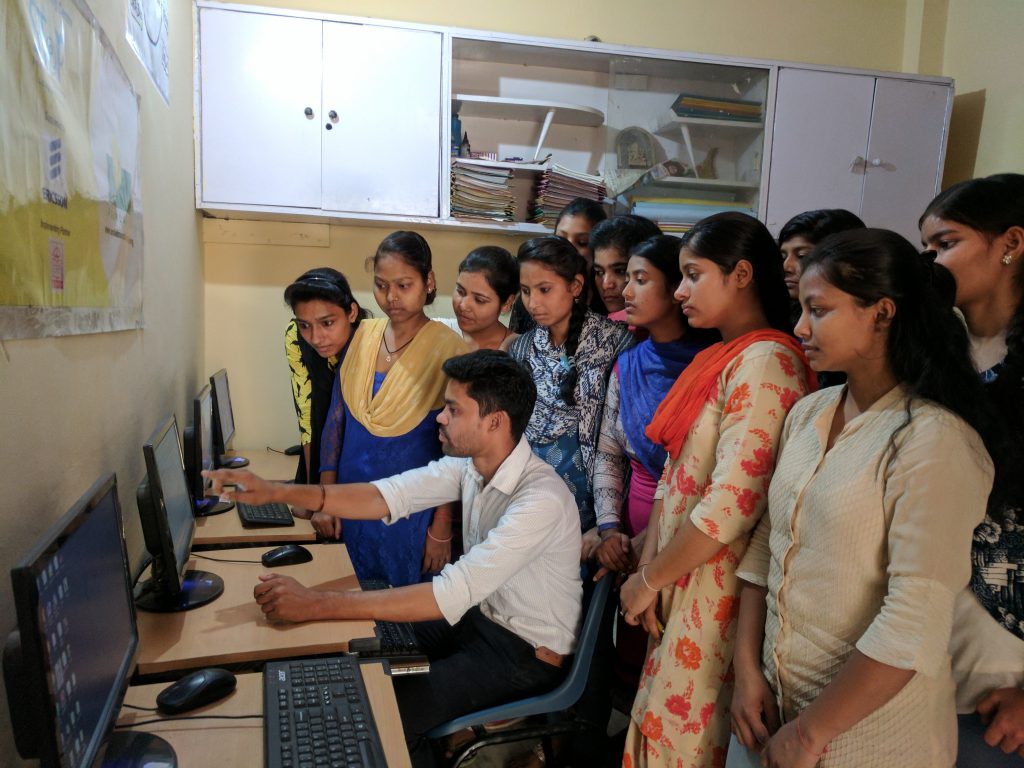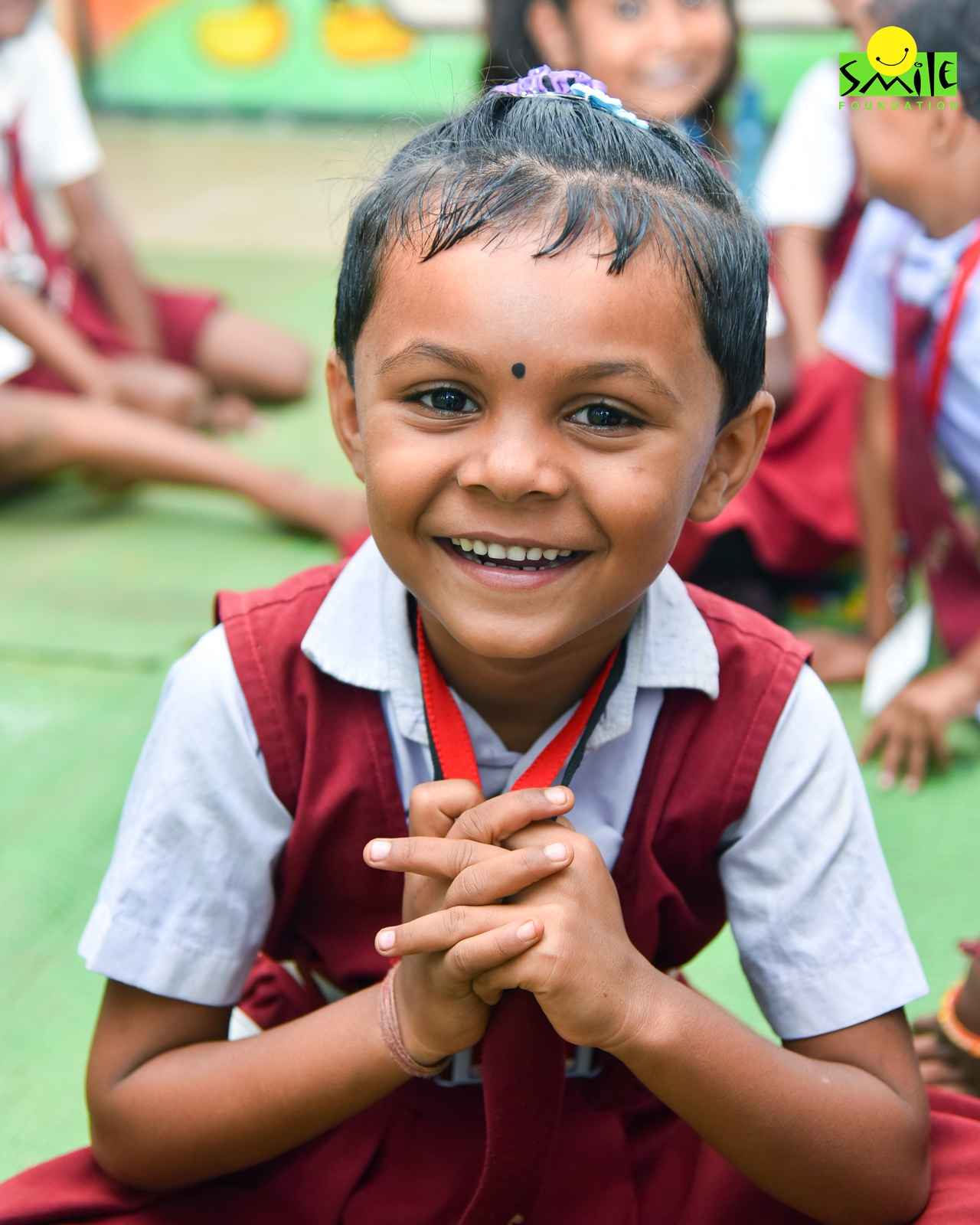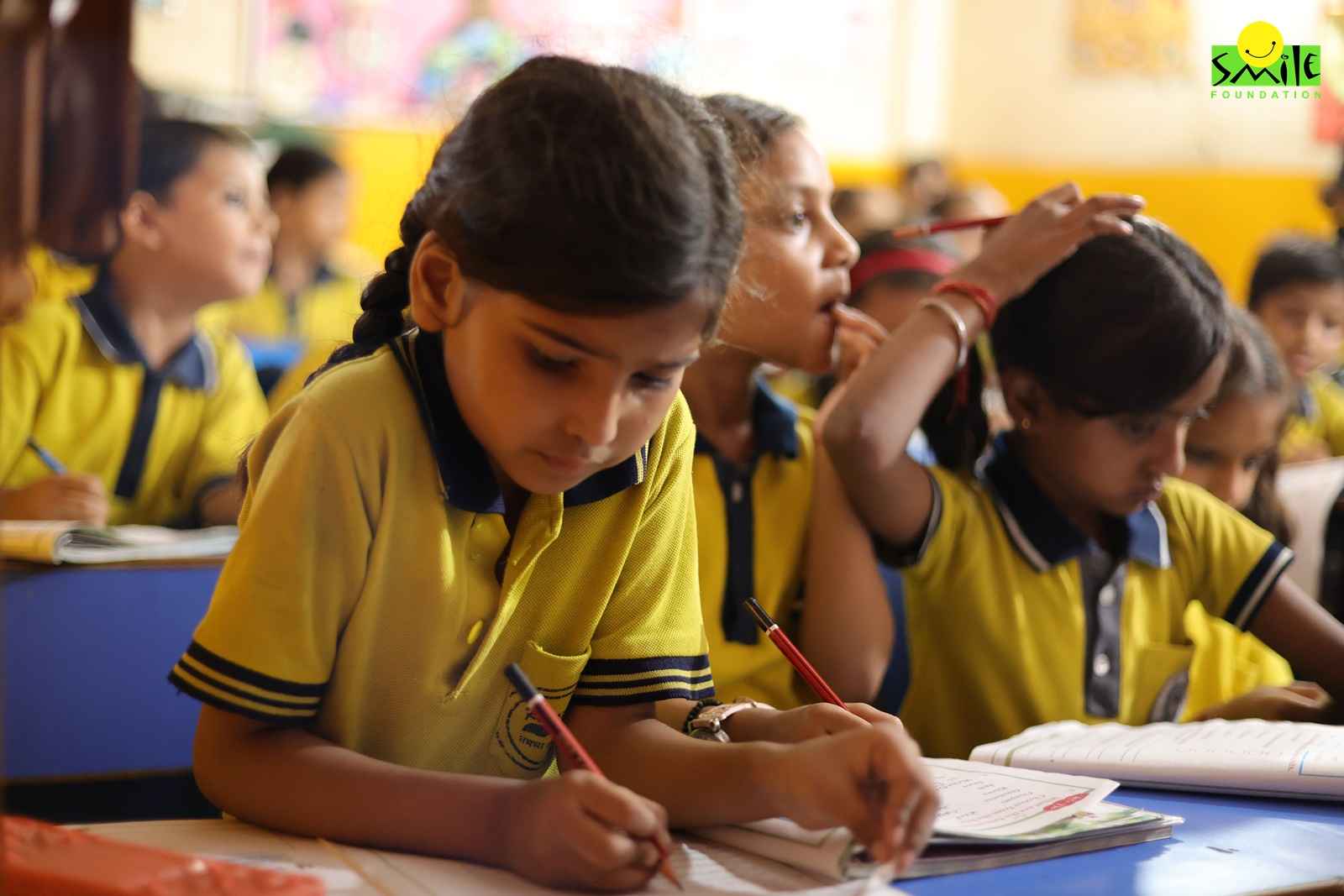Mothers share a unique bond with their children.
Their relationship is often described as pure and selfless to the extent of being divine, and why not! A mother not only nurtures the child in her womb for nine months, but also provides the priceless gift- her breast milk. Breastfeeding awareness then becomes key to improve neonatal health status.
Breast Milk: The Magic Potion for Life
Breast milk, like an elixir, holds the promise of a long and healthy life for a child. Research confirms that breastfeeding plays a crucial role in ensuring child survival and improving neonatal health. According to WHO, breast milk is the ideal food for infants as it is safe, clean and contains antibodies to protect the child from common childhood illnesses.
Breast milk is the perfect food for an infant due to multiple reasons. It is readily available, is of the right temperature and free of cost. This milk changes itself to suit the baby’s needs. It provides all necessary nutrients in the right proportion and promotes healthy growth of the child.
Further, breast milk is easily digested by the infant, ruling out the risk of diarrhoea or other stomach-related problems. It also protects children against diseases like diabetes and cancer later in life. Not just physical health, breastfeeding also positively impacts psychological and mental health of a child. Breastfed children have better IQ than others.
There are many factors that determine the optimization of breastfeeding. So is the need for breastfeeding awareness, which educates people and informs them about the proper way to do it.
Optimising Breastfeeding in all possible areas
Early initiation of breastfeeding and exclusive breastfeeding ensure that a child gets the maximum health benefit out of breast milk. The first 28 days of life is the most critical phase of child survival and any death during this phase is defined as neonatal mortality. The timing of breastfeeding initiation plays a crucial role in regulating neonatal mortality.
The WHO recommends all infants to be fed within 1 hour of birth. According to a research published in the International Breastfeeding Journal in 2018, early initiation of breastfeeding and exclusive breastfeeding for the first 6 months of life prevents around 20% newborn deaths and 13% deaths under the age of 5 years.
Breastfeeding Awareness Scenario in India and the World
A research based on ‘Impact of Timing of breastfeeding Initiation on neonatal mortality in India’, outlines the need for breastfeeding awareness by highlighting the fact that early initiation of breastfeeding was low in India at 36.4%.
Latest statistics regarding global breastfeeding reveal that only 48% of all newborns are put to their mother’s breast within 1st hour of birth. A process also known as early initiation of breastfeeding. Similarly only about 44% of infants aged 0-6 months were exclusively breastfed over the period of 2015-20. These figures are not very encouraging and emphasise the need for breastfeeding awareness to improve neonatal health status.
In order to protect, promote and support breastfeeding, government policy makers, WHO, UNICEF and other organisations had signed the Innocenti Declaration in August 1990. It states two things clearly-
- All women should be enabled to practise exclusive breastfeeding and
- all infants should be fed exclusively on breast milk up to 4-6 months of age as a global goal for optimal maternal and child health and nutrition.
World Breastfeeding Week (WBW)
1st -7th August is celebrated as the World Breastfeeding Week (WBW) in more than 120 countries to commemorate the above declaration. WBW has the objective of promoting, protecting and supporting a woman’s right to breastfeed anywhere and anytime. The WBW theme for 2022 is ‘Step Up for Breastfeeding- educate and support’.
Working towards this theme, WBW2022 focuses to strengthen the capacity of all stakeholders who protect, promote and support breastfeeding across different levels of society. Policymakers, healthcare services, workplaces and communities are to be informed, educated, and empowered. These steps enable them to provide and sustain breastfeeding-friendly environments for families.
Breastfeeding Awareness and its Inevitable Link to Neonatal Health Status
An important step in this direction is to sensitise the mothers, caretakers, family members and other stakeholders regarding the importance of breastfeeding for neonatal health and create awareness regarding the right approach towards it. A fact sheet released by the WHO shows that over 820,000 children under the age of 5 years could be saved every year if all children aged 0-23 months were optimally breastfed. Longer durations of breast feeding also contribute to the health and well being of mothers by reducing the risk of ovarian and breast cancer.
Another crucial part in promoting right breastfeeding practices is to identify the challenges and find solutions to them. Studies indicate that there is huge disparity in both breastfeeding initiation and continued breastfeeding. These disparities are related to demographic differences, traditional beliefs and cultural practices. Not just between countries or regions, the disparities in continued breastfeeding also exist within a country. They might vary with socio-economic status, race and ethnicity, awareness level or even working status of mothers.
It is crucial to promote breastfeeding awareness and create an environment to support mothers to optimally breastfeed the children. This calls for adoption and implementation of policies favoring and promoting breastfeeding. Each one of us can play our part in building a healthy planet by spreading awareness and supporting this practice.
Smile Foundation through its programme, Swabhiman has successfully made a difference to the lives of over 560,000 women and girl children in India.









